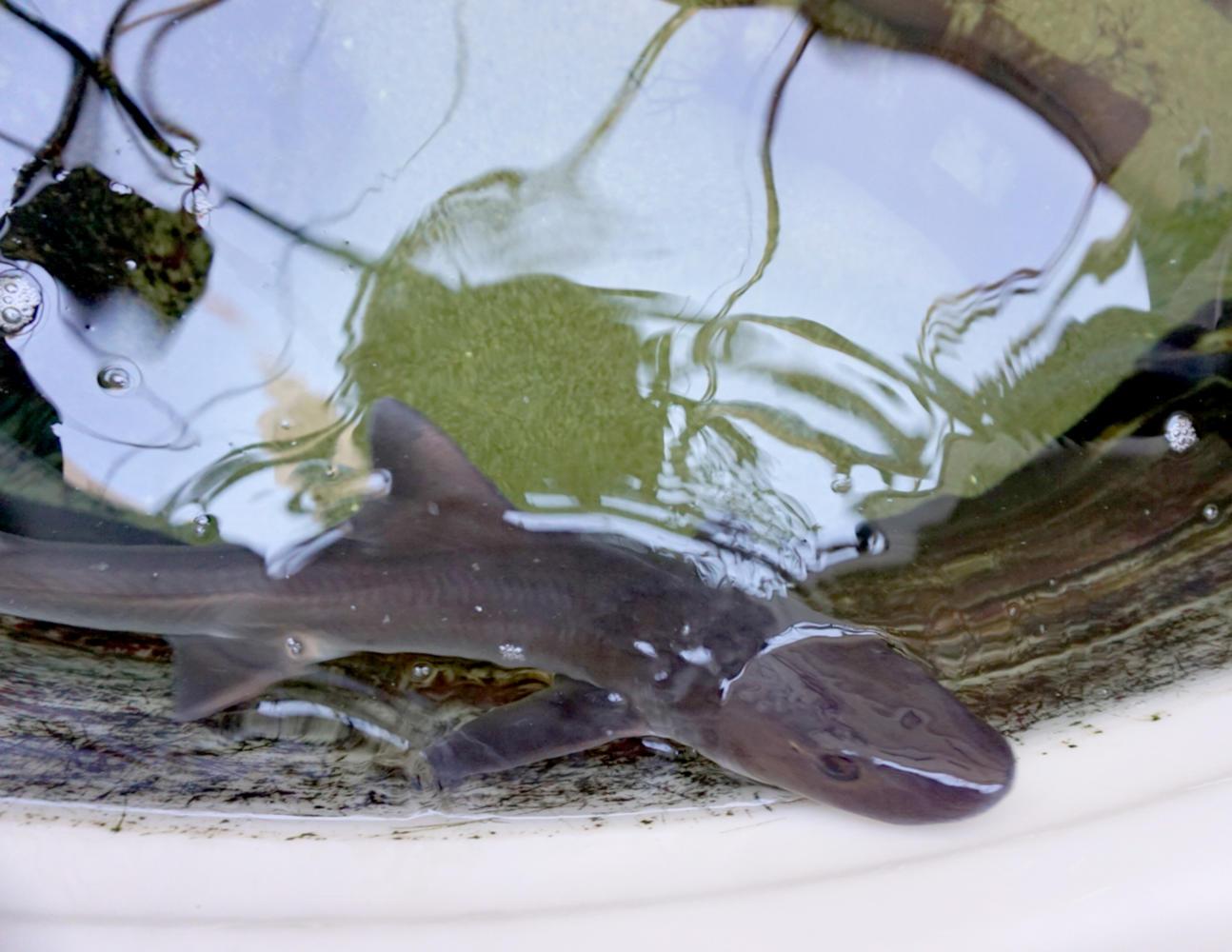A new bill proposes a five-year, $4 million budget to fund research, education and monitoring of white sharks in southern California. Chris Lowe, Cal State Long Beach professor and Shark Lab director, recently contributed to the bill written by Assemblyman Patrick O’Donnell.
This would give marine biologists the power to know where sharks are, why they hang out in certain California hotspots and when they will migrate back to the area each year.
Last year, there were nine non-fatal shark attacks along the Pacific coast, according to the Shark Research Committee’s January report. The victims’ activities before the attack included kayaking, surfing and paddleboarding.
According to Lowe, one key aspect of the bill would provide important training to lifeguards.
“As a parent, my priority is the safety of our kids,” O’Donnell said. “This bill is about learning why there are more sharks and how to deal with the increase, so we can keep our kids safe at the beach.”
Despite the number of attacks in 2017, some students who engage in watersports don’t necessarily believe sharks are predators of humans.
Senior computer science major, Taylor Tobin, is the president of the university’s surf team and competes in the National Scholastic Surfing Association College Series. Tobin said that shark attacks are very unlikely and tend to occur when people are being unsafe.
“I think research on sharks is good because, they are becoming endangered and [they] need to be protected. More education on them may also make people less afraid and more willing to help,” Tobin said. “As long as the tags are safe for the sharks, I think the study could be really good, but the bigger issue is preventing shark finning around the world and protecting these endangered animals.”
Lowe’s research over the past 12 years has uncovered hotspots or “nursery habitats” in Southern California that these young sharks use: from Santa Barbara to Ventura, Santa Monica Bay, Belmont Shore to Huntington Beach and Dana Point to San Onofre.
According to Lowe, it is suspected that juvenile sharks stay close to shore because “they don’t know they are white sharks yet,” so they stay in warmer waters where they have plenty of sting rays to eat.
“They get no training from mom, and they’re completely on their own, so they’re scared of everything because everything is a threat,” Lowe said. “The safest place for them to be is in shallow water, and of course that’s where everybody else is.”
Funding from the bill will not only provide lifeguards will the capabilities of protecting the public from the nearby sharks, but also support the new technology used to understand sharks.
In Lowe’s shark lab, telemetry is used to record and transmit data with the use of acoustic transmitters. Sharks are tagged on their dorsal fins or their backs through the transmitters, an item Lowe refers to “like fit-bits for sharks,” so Lowe will know the location of the marine animal.
Currently, the Monterey Bay Aquarium helps fund the technology. The Northern California-based aquarium provides $22,000-30,000 a year for lab research.
Lowe is hopeful that the bill will pass to help with the limited funding, but a lot will depend on the state’s budget.
“I think it would go a long way, and California would be a leader in that sense, in terms of being proactive on what to do about sharks,” Lowe said.
Echelle Burns, a second-year master’s student who works in the shark lab, said that everyone in the shark lab is eager to study sharks, but since there is no money, they are all put on different projects.
“Most of us in the shark lab don’t even study sharks. The big reason for that is because there’s not a lot of funding for it,” Burns said. “Everyone comes in and we want to study sharks and then Dr. Lowe tells us we don’t have funding for that, and we have to do something else.”
To counteract the lack of funding, Lowe allows the graduate students to work on the shark project and pitch in when they can. This keeps all students involved in studying sharks, but the extra project is unpaid and research findings come slower because there isn’t one person solely dedicated to this project.
Dana McConnell, a junior environmental science and policy major, is an avid free-diver, surfer and scuba dive volunteer at the Aquarium of the Pacific. In the past, she has worked on shark projects in the Shark Lab, and she believes Lowe’s research is crucial.
“I think it’s super important to fund this research because sharks are such apex predators that are so important to the ecosystem,” McConnell said. “I think they are very overfished and misunderstood, so I feel like making this education and information accessible will really help people understand them a little more.”




